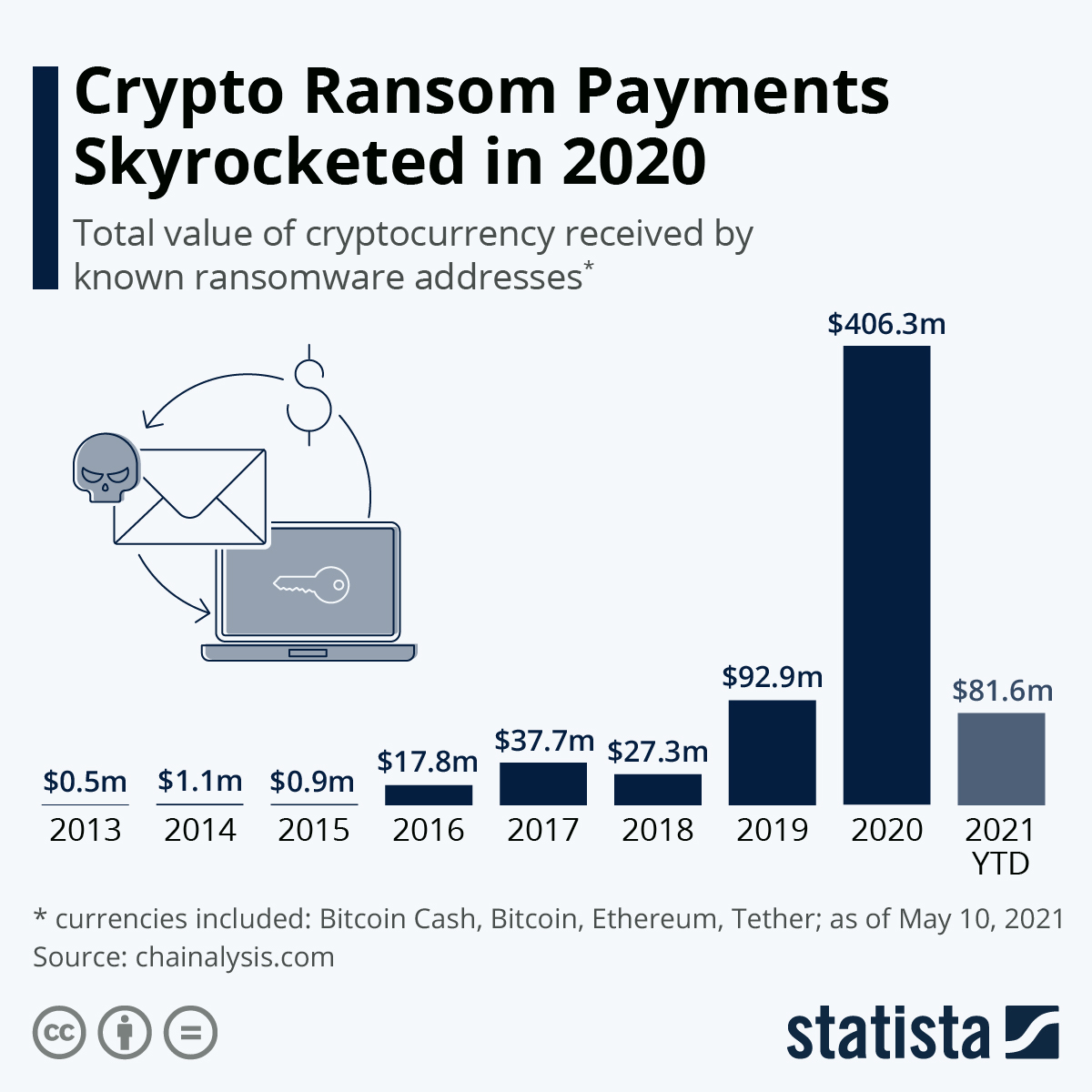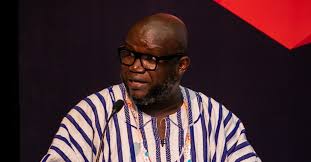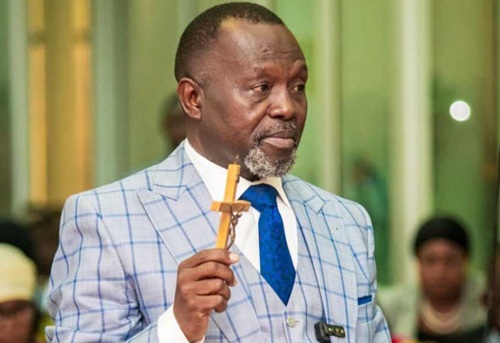The new cybersecurity law: its implication on people and businesses
Opening remarks by Dr Ing. Kenneth Ashigbey, CEO of Ghana Chamber of Telecommunications at the 17th Knowledge Forum at the Labadi Beach Hotel, la on Wednesday, July 7, 2021. The topic for the event was The new cybersecurity law: its implication on people and businesses
I would like to welcome you all to the 17th Edition of our quarterly knowledge fora geared towards influencing, educating and stimulating deep discussions related to the mobile and ICT industry with the main objective of improving understanding of industry topical issues.
Our topic today which is on Ghana’s new Cyber Security Law, The Cyber Security Act, 2020 (Act 1038), for us is a critical piece of legislation that holds a lot of promise for us in the current 4th industrial revolutionary era of digital transformation. So, we mustn’t make this discussion a technical conversation but we will seek to demystify all legal and technical jargon in the context of our subject matter. In summary, we are seeking to provide answers to lingering questions around the new law, as well as enable the public to appreciate further the importance of Act 1038 in their lives and that of the country.
Permit me to congratulate the Hon. Minister for Communications and Digitalization and her team at the National Cyber Security Centre led by our keynote speaker Dr Albert Antwi-Boasiako for the significant feat of being ranked 3rd in Africa by the ITU.
Ghana scored 86.69 per cent for secure cyberspace and comes behind Mauritius and Tanzania in that order. For me, the significance of achievement is not just in the fact that Ghana leapt frogged from 11th position to 3rd place but also the fact that we attained a high score of 87% from as low as 33% and 44% in as recently as 2017 and 2018 respectively
This would tell the world that we are ready for the 4th industrial revolution business. This is not only good for the government but also for the private sector and especially our industry. I am sure that the passage of the Cybersecurity Act, 2020 (Act 1038) to provide a legal basis for the country’s cybersecurity development and the institutionalisation of cybersecurity to foster domestic cooperation and collaboration would have contributed to Ghana attaining 87% overall aggregated score when measured according to the five strategic pillars of the ITU’s Global Cybersecurity Agenda (GCA) – legal measures, technical measures, organisational measures, capacity building and international cooperation.
Dr Albert Antwi-Boasiako, please convey to the honourable minister our congratulations and the commitment of the members of the Ghana Chamber of Telecommunications to continue to work with you to ensure that we maintain our acceleration and attain 100% status soon. The 1st position globally is in reach, it would require the continued collective and collaborative leadership that has brought us this far.
Over the course of just a few decades, the world has entered a digital age. People from all over the planet are connected online. By way of comparison: in 1996, only 36 million people used the internet, about one per cent of the world’s population.
By the end of 2020, more than 4.5 billion people now use the internet, while social media users have passed the 3.8 billion mark.
Putting this in further perspective, nearly 60 per cent of the world’s population is already online, and the latest trends suggest that more than half of the world’s total population will use social media by the middle of this year.
But the boundless opportunities of digitalisation come with serious challenges: digital development without cybersecurity is not sustainable. You cannot rely on a tool that is not secure and cannot be trusted. And digital development cannot flourish when a lack of support for the norms of responsible behaviour is undermining global stability.
The recent sprawling ransomware attack hit hours before the beginning of the July Fourth holiday weekend by REvil, the same Russian-language group demanding $70 million to unlock the thousands of businesses affected by the hack. This same group are behind the attack on meat processor JBS. This is a major challenge that the world has to grapple with. With the Fourth Industrial Revolution shifting into high gear, such threats of malicious cyber activities are keeping pace with the opportunities presented by AI, 5G, 6G and quantum computing.
Ghana passed the landmark Cybersecurity Act at the end of the year 2020. The National Cyber Security Centre (NCSC) is expected to transition into the Cyber Security Authority (CSA) in the coming weeks, per Section 2 of Act 1038, to regulate cybersecurity activities in the country and further lead Ghana’s cybersecurity development.
The Law as we know it would also lead to the protection of critical information infrastructure of the country, regulate cybersecurity activities, offer the protection of children on the internet, and develop Ghana’s cybersecurity ecosystem. We are also aware that this new law is also targeted at positioning Ghana to prevent, manage and respond to cybersecurity incidents given our digital transformation agenda.
As an industry, we were graciously tied to the processes that led to the development and passage of this law. Indeed, the tireless and strenuous efforts showcased by the National Cyber Security Centre team cannot go without mention by the industry. We are continuously grateful for their show of professionalism and commitment to work with the industry in actioning the core components of the Act.
An important declaration by the new law in classifying telecommunications and ICT infrastructure as Critical National Information Infrastructure is key for the growth and sustainability of the mobile industry. It is important to state that the mobile industry is today reeling under the menace of fibre cuts, diesel thefts, vandalism and thefts of equipment’s delivering service to millions of Ghanaians by the second.
We would want to sound a note of warning to all Road Contractors and other stakeholders who operate within the Right of Way including the Contractors on the Beach Road Project just a few kilometres from here that their days are numbered and if they do not stop the reckless destruction of our fibre cables they would find themselves at the wrong side of Act 1038
A declaration by the Authority when set up, leveraging the existing law will ensure that there should be no tampering with the public core of the internet. Internet infrastructure should be regarded by everyone as the backbone of modern society. Undersea cables and other vital elements should be off-limits and safeguarded by all. For an industry that provides vital communication, and support in numerous sectors including driving financial inclusion, we trust this might not be too much to ask for!
We are looking forward to other key discussions in areas of Administration of the Authority as well as working with the Authority and other existing Regulators to tackle and manage any potential bureaucracies that may stifle growth within multiple sectors of the economy when the Centre expands its reach and activates fully its objectives and goals.
Cyber threats don’t respect national borders. They are as transnational as, say, climate change or the ongoing global pandemic COVID-19. Therefore, it’s not enough to address threats solely at the national level, or in a single regional organisation. That is why Ghana’s enactment of the new law is commendable and crucial to position it within the global bloc of nations keenly working towards the fight against Cyber Crime.
A stable cyber domain contributes to a more stable society, a more stable democracy, and a more stable business environment.
In conclusion, ladies and gentlemen, and our friends from the media. The name of the game is international, multi-stakeholder collaborations and partnerships. Within Ghana, as we are doing today, we will work together to boost resilience, set the rules of the road, improve the attribution of malicious acts, and hold those responsible to account for and secure our digital space.
To serve the cause of freedom and justice, these words at Independence meant that all Ghanaians, men, women, old and young – have the right to enjoy life, liberty and the opportunity to pursue happiness as they chose and within the laws of our country.
A safe digital Ghana clearly is in line with our National motto.
To end, as we, our colleagues and families remain safe and healthy, conscious of the fact that COVID-19 is still with us. We should use our current circumstances to strengthen our organizations, making them more resilient and conscientious, and elevate your professional offering by using the time and available resources to upskill and advance.
Thank you all.
God Bless Our Homeland Ghana
This post has already been read 965 times!








1 comment